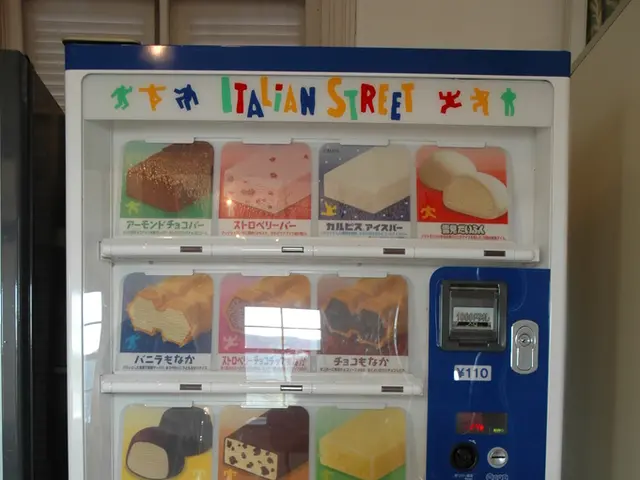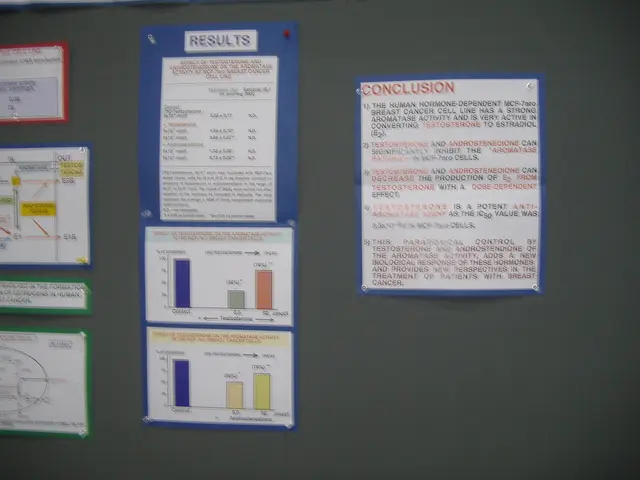Trade agreement between EU and Mercosur may reshape global supply chains and create more business opportunities
The European Commission has initiated the ratification process of a landmark commercial agreement with Mercosur, marking a new chapter in transatlantic integration. This agreement, which represents a commercial opening, modernizing logistics chains, and strengthening necessary infrastructure for a more agile and sustainable exchange, promises benefits for both parties.
The agreement between the European Union (EU) and Mercosur holds significant implications for foreign trade and the daily lives of millions of people. It is expected to generate qualified employment, stimulate agricultural growth, and foster agroindustry in South America, while providing benefits in high-value-added industrial sectors in Europe, such as automobiles, machinery, and alcoholic beverages.
However, the agreement also presents challenges. For instance, UNCTAD indicates a lack of predictability in foreign trade increases global logistics costs. To address this, South America's challenge would be to expand the capacity for storage and transportation of bulk cargo to sustain a growing commercial flow. This implies reorganizing the logistics of exports in Mercosur countries, including more refrigerated containers, greater capacity in port terminals, and a more efficient internal transportation infrastructure.
The agreement would result in market diversification, reducing Europe's dependence on China for strategic minerals and providing more predictability to South American supply chains. An increase in demand for maritime and fluvial transport is projected if the treaty materializes. However, Europe's main challenges would be strengthening the cold chain, traceability, and sanitary controls.
The ratification of the EU-Mercosur agreement requires a qualified majority in the European Council and approval by the European Parliament. If ratified, the agreement would be the largest commercial agreement of the EU in terms of tariff reduction, with an estimated annual savings of 4,000 million euros in import taxes. European consumers will have access to Latin American foods at more competitive prices, while South Americans could benefit from European vehicles and industrial equipment at lower cost.
The agreement also provides for the protection of 350 European geographical indications, requiring strengthening control mechanisms at customs and borders to prevent counterfeiting and ensure products respect their origin designation. This implies new responsibilities in the certification and traceability of goods for logistic operators.
However, not all parties are in favour of the agreement. French, Polish, and Italian governments are opposing the agreement, arguing that South American production standards are less strict and that the entry of cheaper food threatens the survival of small and medium-sized farmers. The countries currently involved in blocking the ratification of the EU-Mercosur trade agreement are primarily France, with some Polish and Italian interest groups also showing resistance.
If the treaty comes into effect, European exports to South America and preferential access to Mercosur countries for agricultural products and biofuels in the European market would expand. However, a blockade could postpone investments in ports, routes, and storage, extending dependence on traditional markets and reducing competitiveness in both regions. The scrapping of bulk carriers has fallen to the lowest level since 2008, complicating global logistics, further emphasizing the need for infrastructure development.
In conclusion, the EU-Mercosur agreement, if ratified, presents opportunities for economic growth, employment, and infrastructure development in both regions. However, it also poses challenges in terms of logistics, trade standards, and domestic politics, which need to be addressed for a successful implementation of the agreement.








